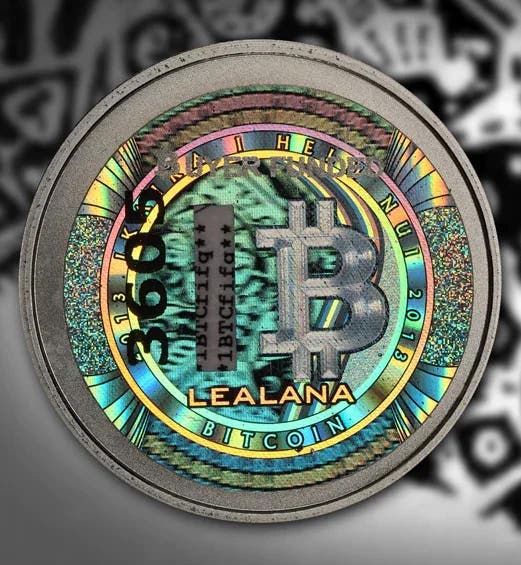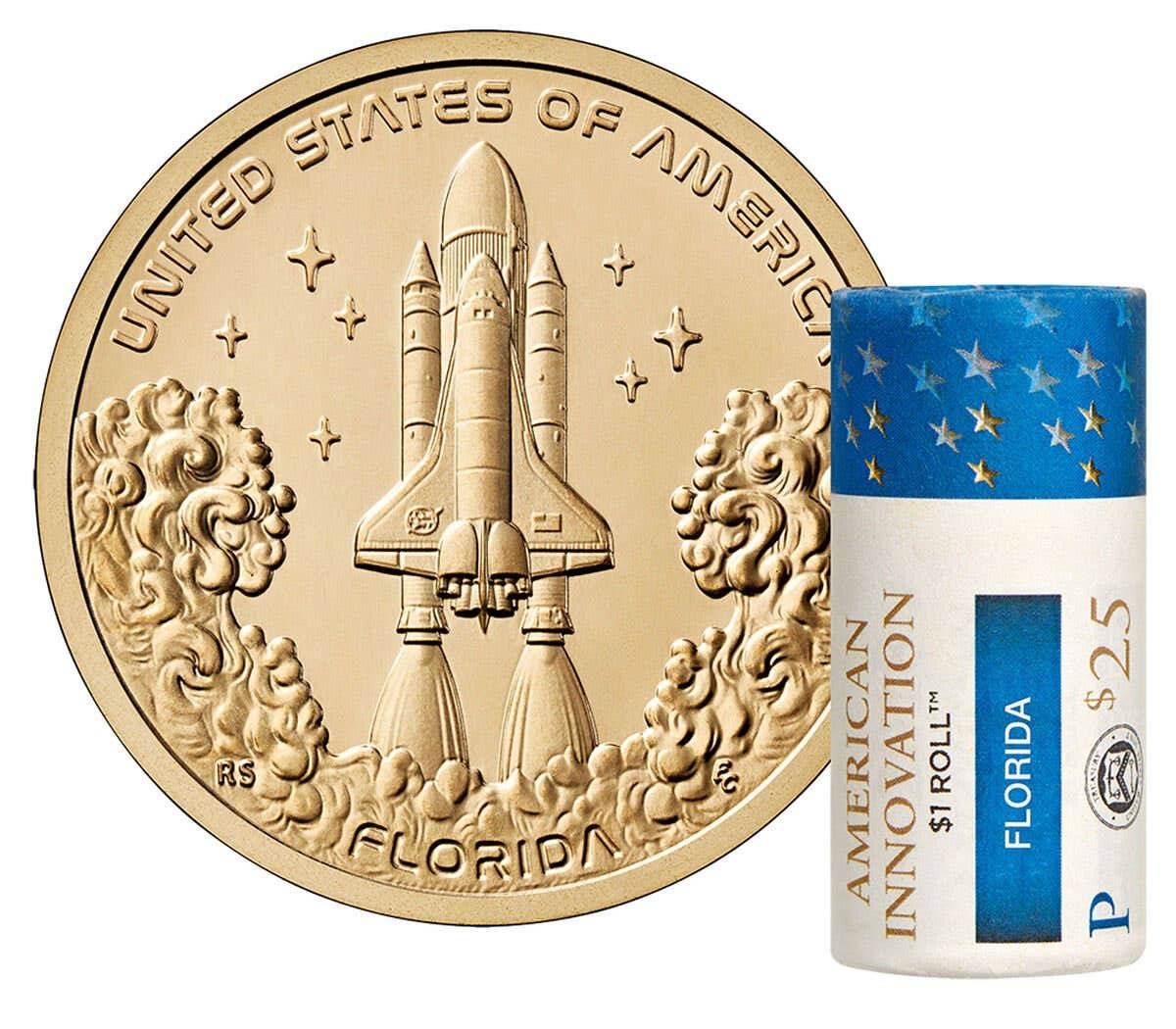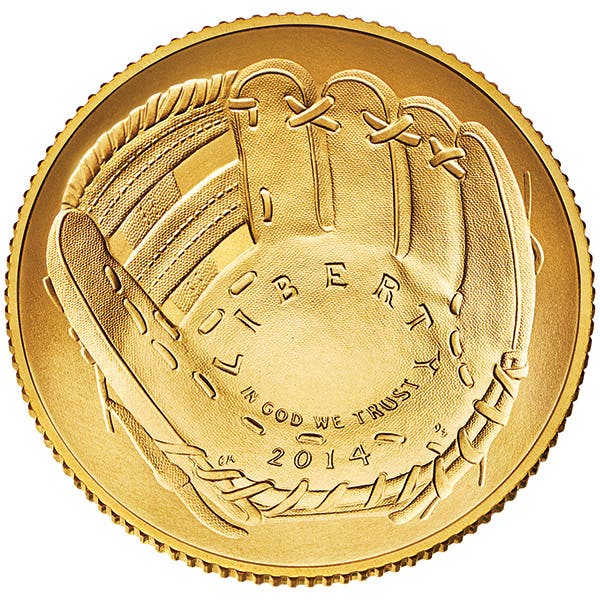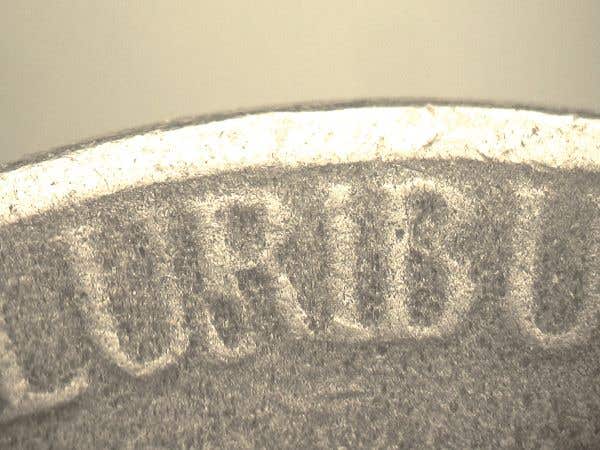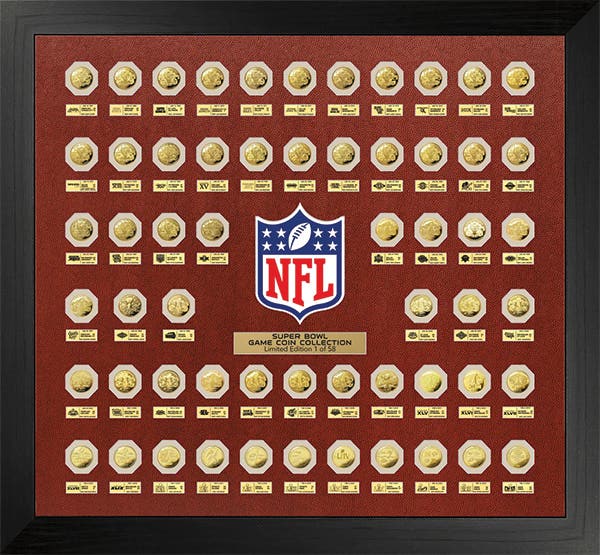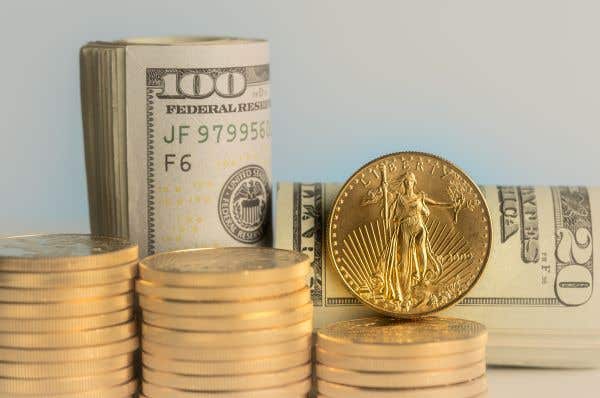Community Voice Responses (July 24, 2018)
From the June 29 Numismatic News E-Newsletter: Should coins and bullion always be exempt from state sales taxes? Here are some answers sent from our e-newsletter readers to Editor Dave…
From the June 29 Numismatic News E-Newsletter:
Should coins and bullion always be exempt from state sales taxes?
Here are some answers sent from our e-newsletter readers to Editor Dave Harper.
Absolutely. Coins and bullion should be tax exempt. Next thing you know, I’ll go to a bank to exchange a $10 note for a roll of quarters and they’ll want to tax that, too.
Paul Zegan
Lake Villa, Ill.
No. Costs for coin sales are usually high enough without the burden of additional taxes. All the other taxes people pay are sufficient.
Christopher Luke
Dallas, Texas
Great question!
In my mind, there are two simple reasons that coins and bullion should be tax-free.
They are legal tender.
The U.S. Mint does not charge sales tax on numismatic items that they sell.
This seems like a good, basic reason as to why there should be no sales tax on most numismatic items.
Thanks.
John Brush
Virginia Beach, Va.
I think these items should be tax exempt from this venue. However, income tax from a net proceed should be discussed. Perhaps of $1,000 or more may be discussed. Just my take on it.
Gary Kess
Sherman, Texas
Never.
Emmett Gleeson
Address withheld
For estates of less than $4 million, yes.
Gains tax if over $4 million.
More than that, then they should pay a federal and state estate gains tax.
Wesley Ellis
Portland, Ore.
Yes, of course.
R. Kirby
Address withheld
This article was originally printed in Numismatic News Express. >> Subscribe today
More Collecting Resources
• Error coins can bring big money. Learn to detect them and how to cash in on them with Strike It Rich With Pocket Change.
• If you enjoy reading about what inspires coin designs, you'll want to check out our Fascinating Facts, Mysteries & Myths about U.S. Coins eBook.




